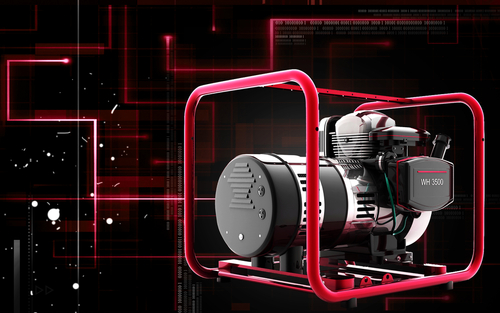Power outages can occur in the New England area anytime of year. High winds, heavy snow and rain from tropical systems such as Hurricane Sandy can temporarily shut down sections of the national grid that supply electricity to your home.

A back-up standby generator that's permanently installed in your home will allow for continued electrical power during an outage. In order to continue operating when the power outage hits, you must have a generator that supplies enough power for the size of your home.
The generator can run on natural gas, propane or kerosene and should be installed by a professional electrician familiar with local codes and procedures.
Since the generator gives off carbon monoxide (CO), it must be located outside or in a well-ventilated garage or outbuilding.
Other Precautions
- Keep flashlights and a battery-powered radio handy and turn on emergency stations in your area for updates on the outages.
- Use the standby generator to run a few major appliances and lights but minimize your electrical use.
- Install a battery-powered CO detector along with smoke alarms to ensure you and your family are safe, even when using generated power.
- Report problems that might cause the outage such as a tree branch or down trees on a power line.
For more information about whether a standby generator is right for your home, contact Rodenhiser Plumbing, Heating & Air Conditioning. We proudly serve the HVAC and plumbing needs of homeowners throughout the Route 495/128 area of Norfolk MA.
Image via Shutterstock.com